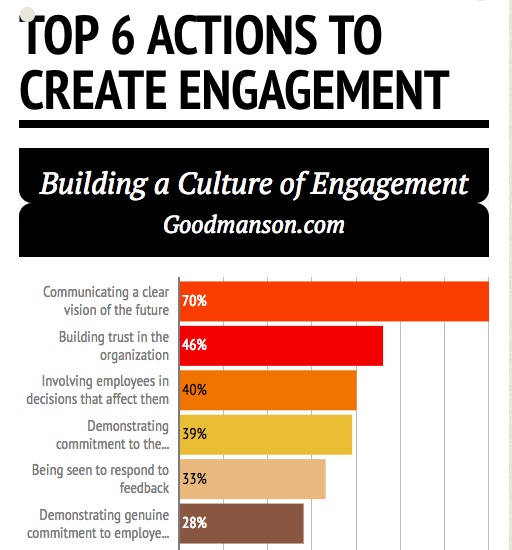This year, Kaleo Church began a corporate Bible reading plan. As we embark on this, I was forwarded an excellent article by Michael Goheen, The Urgency of Reading the Bible as One Story in the 21st Century (PDF). Goheen writes:
Today, as in the ancient era, the Church is confronted by a host of master narratives that contradict and compete with the gospel. The pressing question is: who gets to narrate the world?” Webber believes the three leading contenders are the Muslim story, the liberal capitalist story, and (somewhat surprisingly) The Marxist story. Over against these three contenders Webber and Kenyon say: “In a world of competing stories, we call Evangelicals to recover the truth of God's word as the story of the world, and to make it the centerpiece of Evangelical life.”
How can the Church confront these stories and make the Biblical story our centerpiece, when as Goheen rightly claims, Christians fragment the Bible into bits, "moral bits, systematic-theological bits,devotional bits, historical-critical bits, narrative bits, and homiletical bits." It is when we have a fragmented view of the Bible, there is no one grand story that shapes our 'culture' or worldview. "The Bible bits are accommodated to the more all-embracing cultural story, and it becomes that story—i.e.the humanist story—that shapes our lives," writes Goheen. As Christians, we need to recover the Biblical Drama as one story, that is THE normative story of history.
Again, read this article, great quotes from Eugene Peterson, Lesslie Newbigin, and N. T. Wright (An essential part of our theological and missional task today is to ‘tell this story as clearly as possible, and to allow it to subvert other ways of telling the story of the world . . .’)
UPDATE: Here are two past posts w/ book recommendations that help present this one story: The Drama of Scripture (Goheen, author of the article) and Promise and Deliverance

